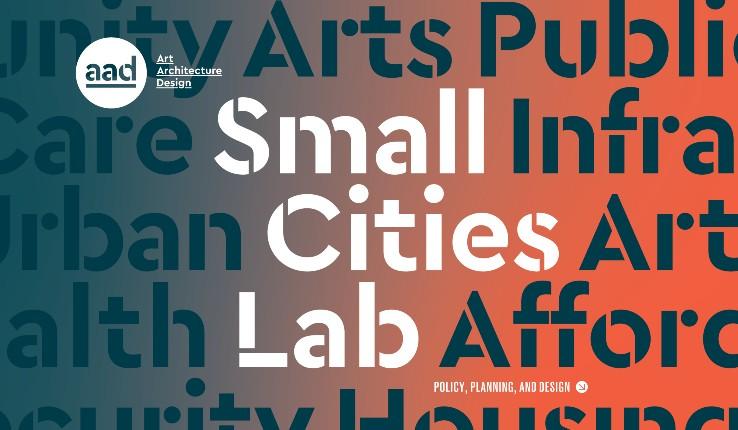The new Lehigh Oceans Research Center held its inaugural research symposium Jan. 29 in the Health, Science and Technology Building, showcasing the ongoing research into the Earth’s oceans by Lehigh faculty, undergraduate and graduate students and postdoctoral scholars.
The new center, launched by the College of Arts and Sciences, will focus on marine science and address the most pressing questions facing the Earth’s oceans.
Four Lehigh researchers are affiliated with the center: Jill McDermott, associate professor of Earth and environmental sciences and the inaugural director of the center; Santiago Herrera, assistant professor of biological sciences; Michael Layden, associate professor of biological sciences; and John Paul Balmonte, assistant professor of Earth and environmental sciences.
“Lehigh Oceans is the vision of an interdisciplinary team of scientists who are committed to studying some of our most pressing environmental issues,” said Robert Flowers, the Herbert J. and Ann L. Siegel Dean of the College of Arts and Sciences.
“We can all agree that the world’s oceans are vast, but they are also complex and largely unexplored. Understanding the world’s largest biome is critical to our future,” he said. “The core team of researchers comprising Lehigh Oceans, along with the students they mentor, will help advance our knowledge about the origins of life on Earth, and what creates a healthy ecosystem and thriving planet.”






